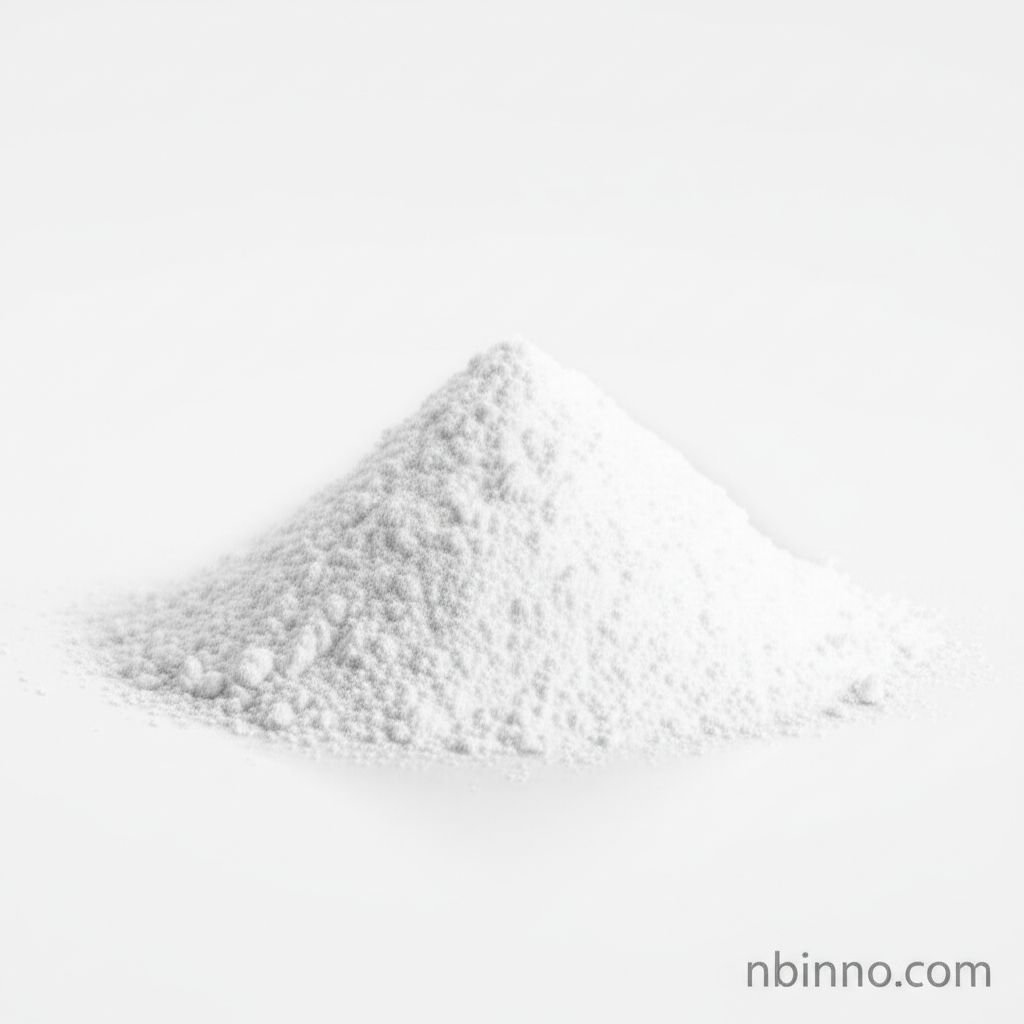High-Quality Lead(II) Carbonate Basic CAS 1319-46-6: Properties, Applications, and Sourcing Insights
Discover the essential properties and diverse applications of Lead(II) Carbonate Basic (CAS 1319-46-6). Explore its role as a key inorganic compound in various industrial sectors, from historical pigment use to modern battery technology.
Get a Quote & SampleProduct Core Value

Lead(II) Carbonate Basic
As a trusted supplier in China, we offer high-quality Lead(II) Carbonate Basic, identified by CAS number 1319-46-6. This inorganic compound is crucial for applications demanding specific chemical and physical properties. Its established use in areas like paint pigments and battery production underscores its industrial significance. We are committed to providing reliable sourcing solutions for this vital material.
- Explore the industrial grade lead carbonate properties, including its consistent 99% purity, making it ideal for demanding applications.
- Learn about the historical and contemporary applications of white lead chemical, from its use as a pigment to its role in advanced technologies.
- Understand the importance of sourcing CAS 1319-46-6 for battery production, where its electrochemical properties are highly valued.
- Discover why buying lead carbonate basic powder is a strategic choice for manufacturers needing dependable performance and quality.
Advantages You Gain
Consistent Quality Assurance
Leverage our commitment to delivering high-quality Lead(II) Carbonate Basic with a minimum purity of 99%, ensuring reliable performance in your processes.
Diverse Application Utility
Benefit from the versatility of CAS 1319-46-6 properties, which extend from traditional pigment uses to advanced material science and battery components.
Reliable Sourcing from China
Partner with a reputable Lead(II) carbonate basic supplier to secure a consistent and dependable supply chain for your manufacturing needs.
Key Applications
Paint Pigments
Historically significant as a white pigment, offering excellent opacity and durability. Its use, though restricted due to toxicity, showcases its historical importance in protective coatings.
Battery Production
Crucial as a positive electrode material in battery manufacturing, contributing to the overall efficiency and lifespan of energy storage systems.
Sensor Technology
Employed in the development of specialized sensors designed to detect specific organic molecules and gases, highlighting its role in advanced analytical tools.
Material Science Research
A valuable reagent in research and development, facilitating the synthesis of other lead compounds and aiding in studies related to inorganic chemistry and materials properties.
